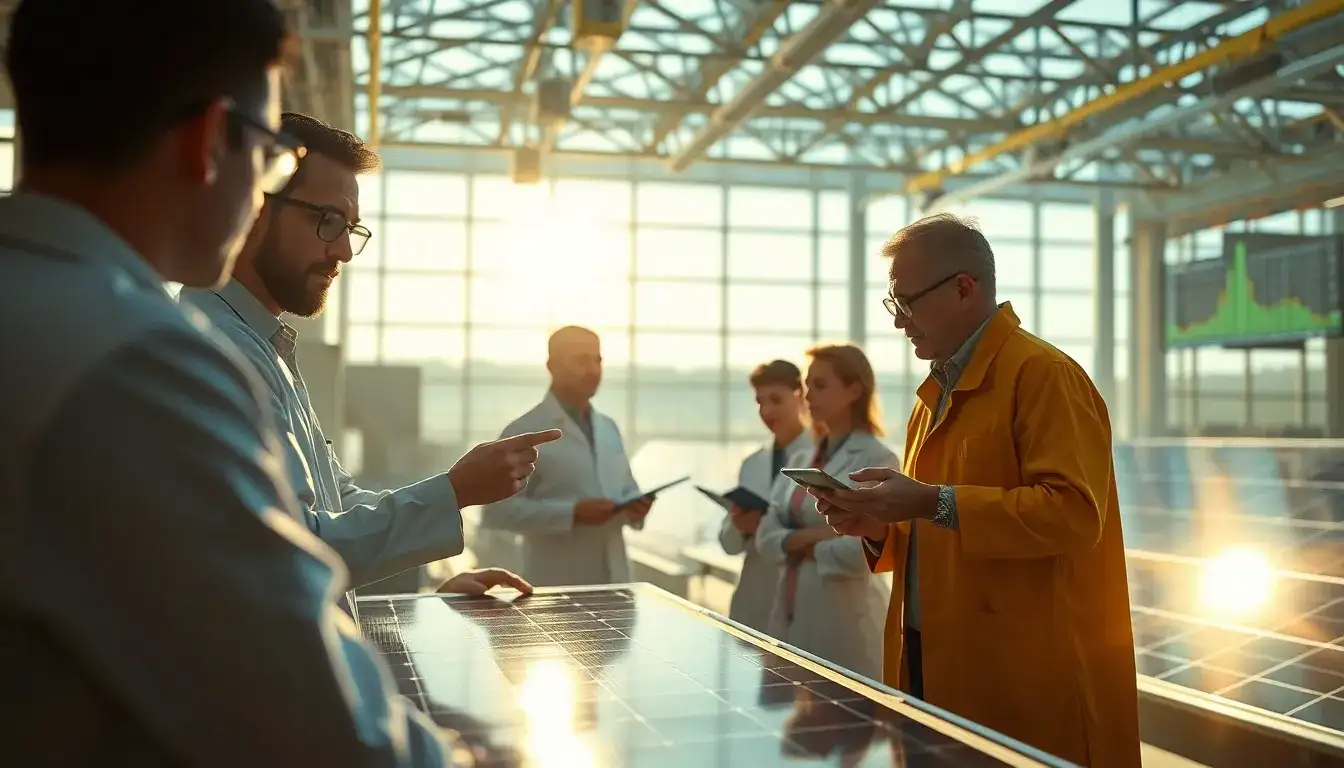
On April 8, the Ministry of Industry and Information Technology (MIIT) released a notice regarding the key points for standardization work in 2025. The document emphasizes the importance of strengthening the construction of standards for key industries. It aims to implement the standard system for industries such as photovoltaics and lithium batteries, and to accelerate the revision of classification standards for advanced photovoltaics, new energy storage, and high-performance lithium batteries. The initiative also focuses on enhancing key technical standards related to smart photovoltaics, lithium battery recycling, and the environmental adaptability of display modules, thus driving the research and development of essential materials, technologies, and products.
The MIIT plans to develop key processes for rare earths and superhard materials, targeting standards for products in critical applications. Additionally, there will be efforts to establish standards for smart connected vehicles, including complete vehicles, key components, systems, and the underlying technologies and infrastructures. The research into the standard system for wind power equipment is also highlighted. Furthermore, there will be improvements in the fifth-generation mobile communication (5G) standards to promote the development of lightweight 5G, millimeter-wave technology, and satellite functionalities for smart terminals.
Looking ahead, the MIIT intends to enhance standards for future industries. This includes research on standards for the metaverse, brain-computer interfaces, quantum information, humanoid robots, generative artificial intelligence, biomanufacturing, advanced computing, future displays, future networks, and new energy storage systems.
The notice outlines the overall requirements for the standardization work in 2025, which should be guided by Xi Jinping’s Thought on Socialism with Chinese Characteristics for a New Era. It also emphasizes the need to implement the spirit of the 20th National Congress of the Communist Party of China and the decisions made during the second and third plenums of the 20th Central Committee.
The main objectives include constructing a modern industrial system, implementing the New Industry Standardization Navigation Project Plan (2023-2035), continuously improving the emerging industry standard system, and establishing over 1,800 industry standards. The aim is also to form more than five standardization technical organizations for emerging and future industries.
To ensure safety in industrial development, the MIIT will compile a guide for constructing a mandatory national standard system that addresses product quality, ecological environment safety, and industry management. This will involve creating over 100 mandatory national standards.
In terms of international collaboration, the MIIT will support domestic enterprises in participating in the formulation of international standards, aiming for an international standard conversion rate of 88% across the industry. The document emphasizes the importance of aligning domestic standards with international standards, particularly in key areas of technological innovation.
Overall, the MIIT’s initiatives for 2025 aim to enhance standardization as a cornerstone for promoting high-quality industrial development and facilitating the transition to a greener, more efficient energy system.







